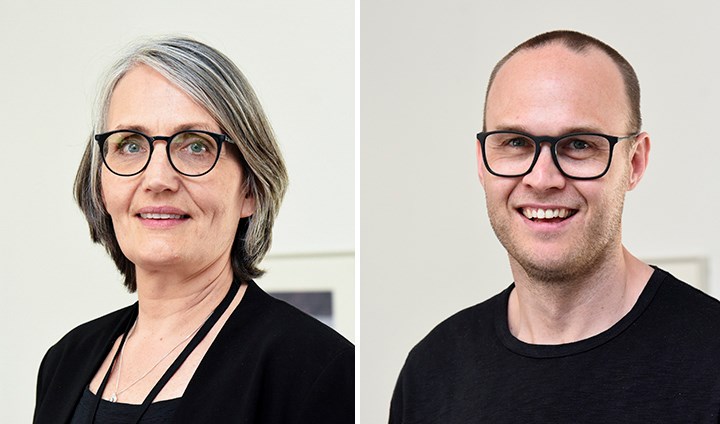The freshest fish not the best tasting
Fish that has been stored for 72 hours taste better than fish stored for only 5 hours, as shown in a new study from Örebro University and the Swedish University of Agricultural Sciences. The study forms a part of a research project into sustainable fish farming.
“The fish tastes better when it has been stored on ice for several hours, or even days,” says Johan Swahn, researcher in culinary arts and meal science at Örebro University.
By combining natural science and gastronomy – analyses at the cellular level and sensory evaluation – researchers have found a connection between flavour and biology.
“We can see how different substances in the fish develop during storage and at the same time recognise how the flavour goes from sweet to carrying elements of bitterness, and finally umami,” says Åsa Öström, professor of culinary arts and meal science at Örebro University.

New fish feed from food waste
The purpose of this research is not only to examine how storage times affect flavour. Researchers are also studying water quality and feed. The next step, included in the project Fem ton grön fisk i disk – Five tonnes green fish in the counter – is to develop a new type of fish feed.
Today, soy, grain and wild fish are often used in fish feed – foods that instead could be used for human consumption. Therefore, the project is now aiming at developing feed for the cultivated fish, using food by-products and insects.
“Insects eat waste from the food industry or the forest and are turned into feed for the fish in the form of pellets. The first taste tests of fish given the new feed were carried out by chefs and indicate that these fish actually taste better. We are planning further sensory testing as a follow-up,” says Åsa Öström.
Text: Linda Harradine
Translation: Charlotta Hambre-Knight
The project Aquafresh is a cooperation between the Swedish University of Agricultural Sciences and Örebro University, and was launched in 2017. The cooperation will continue in the new project, Fem ton grön fisk i disk, focusing on a new generation of fish feed.
In addition to the two universities, partners participating in the project are Axfoundation, Grönsakshallen Sorunda, Fiskhallen Sorunda, Axfood, Fazer, Älvdalslax, Sweco, Eskilstuna Strängnäs Energi & Miljö, Raisio fiskfoder, RISE Processum AB, Mycorena AB, Marine Biogas/Feed AB, Härnösands Energi & Miljö, Matfiskodlarna Sverige AB, Smögenlax, University of Gothenburg and Nofima.
The project is funded by Vinnova and the Kamprad Family Foundation.
The goal is for this fish to be available in stores within two years.
